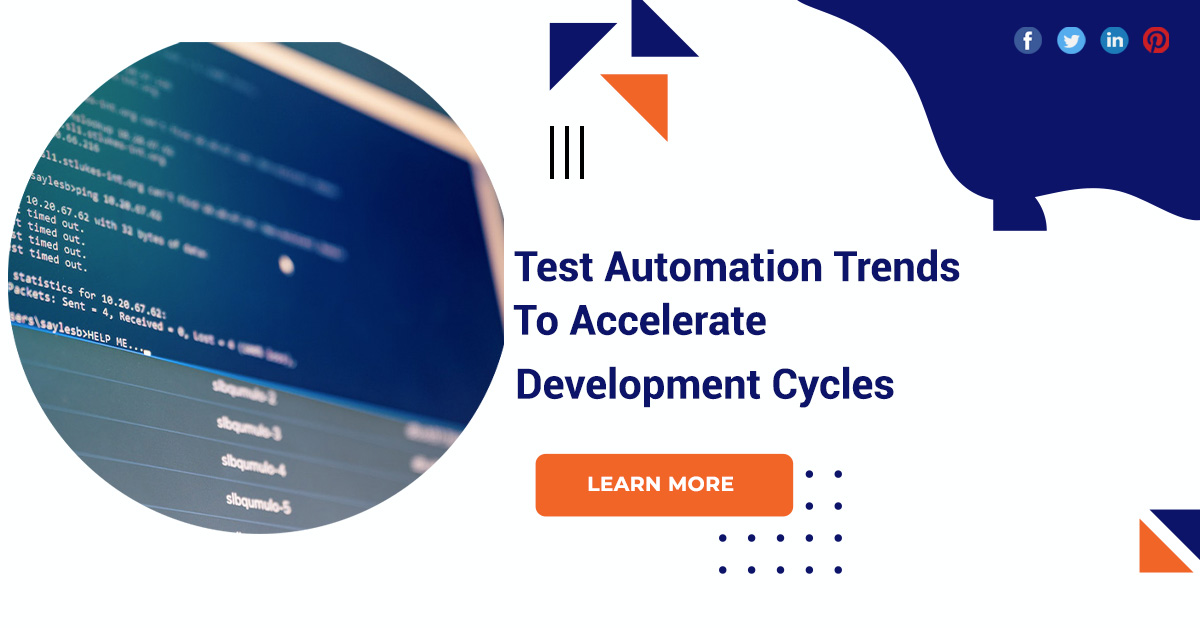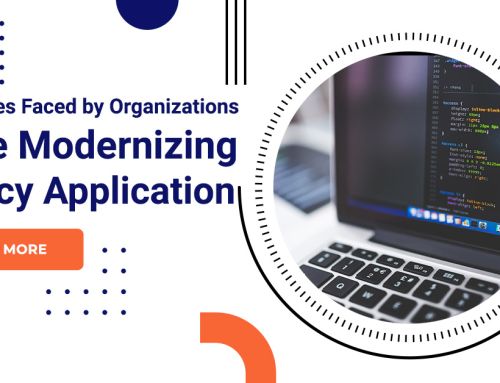Test Automation Trends To Accelerate Development Cycles
As test automation trends technology continues to advance and consumer expectations rise, software development teams must adopt innovative approaches to accelerate their development cycles while maintaining product quality. From AI-driven testing to continuous testing in DevOps pipelines, these trends offer insights into how organizations can streamline their development processes, reduce time-to-market, and ultimately deliver robust software solutions in an increasingly competitive market.
Accelerate development cycles
Test quality improvement automation for agile and Devos
- Improving test quality and automation in Agile and DevOps environments is crucial for ensuring rapid and reliable software development.
- Continuous monitoring and feedback loops are essential to identifying and rectifying test failures promptly, ultimately promoting a culture of continuous improvement and delivering higher-quality software in Agile and DevOps workflows.
Usability testing to ensure a better user experience
- Usability testing is a crucial component of user experience design, aimed at ensuring that digital products and interfaces are user-friendly and effective.
- Usability testing not only enhances product usability but also contributes to customer satisfaction and loyalty, making it an essential step in the development of user-centric designs.
Big data testing for big data solutions
- Big data testing is a critical phase in the development and deployment of big data solutions, aimed at ensuring the accuracy, reliability, and performance of these complex systems.
- Big data testing is indispensable for organizations leveraging data-driven insights to make informed decisions and drive innovation, as it helps mitigate risks associated with data inaccuracies and system failures while maximizing the potential of big data technologies.
IOT testing for well-connected devices
- IoT testing for well-connected devices is a crucial process to ensure the seamless operation and reliability of interconnected smart devices within the Internet of Things ecosystem.
- Robust security testing is imperative to safeguard against vulnerabilities and potential cyber threats, as well as to protect user data and privacy.

Testing AI and ML for technological innovation
Blockchain testing
- It involves a series of systematic evaluations and assessments to ensure the security, reliability, and functionality of the blockchain system.
- Rigorous testing is essential to build trust among users and stakeholders, particularly in industries where blockchain technology is increasingly being adopted, such as finance, supply chain, and healthcare.
Cybersecurity testing
- Cybersecurity testing is a critical process for assessing the resilience of digital systems and networks against potential threats and vulnerabilities.
- Cybersecurity testing is an ongoing practice in today’s ever-evolving threat landscape, helping businesses and institutions stay one step ahead in safeguarding their digital assets and ensuring the confidentiality, integrity, and availability of their data.

RPA testing
- Robotic Process Automation testing is a crucial phase in the implementation of RPA solutions. It involves systematically evaluating the functionality, reliability, and performance of software robots or bots designed to automate repetitive tasks within business processes.
- Effective RPA testing is essential for organizations to realize the full potential of automation while minimizing operational risks and ensuring compliance with regulatory standards.
Benefits of test automation
Faster feedback
- Faster feedback is a crucial component in improving processes, products, and personal growth.
- In education, it accelerates learning by pinpointing areas of improvement. In interpersonal relationships, timely feedback fosters understanding and growth.
Accelerated results
- Accelerated results refer to the achievement of outcomes or progress at a faster rate than expected or previously experienced.
- However, the pursuit of accelerated results should be balanced with careful planning and consideration to ensure that quality and sustainability are not compromised in the quest for speed.
Lower business costs
- Lowering business costs is a critical objective for companies seeking to enhance their profitability and competitiveness.
- By diligently managing expenses, businesses can allocate resources more efficiently, improve their bottom line, and potentially pass on savings to customers, fostering long-term growth and sustainability in an ever-evolving market landscape.

Improving testing efficiency
- This can be achieved through various strategies such as test automation, continuous integration, and comprehensive test planning.
- Additionally, comprehensive test planning involves identifying critical test scenarios and prioritizing them to maximize test coverage without wasting resources on less important areas.
Conclusion
Automation can be beneficial, but it a requires strategy. Another area to focus on a would-be tools and frameworks to ensure seamless transition and implementation of test automation. It bodes well for development looking to automate the entire software development lifecycle.







